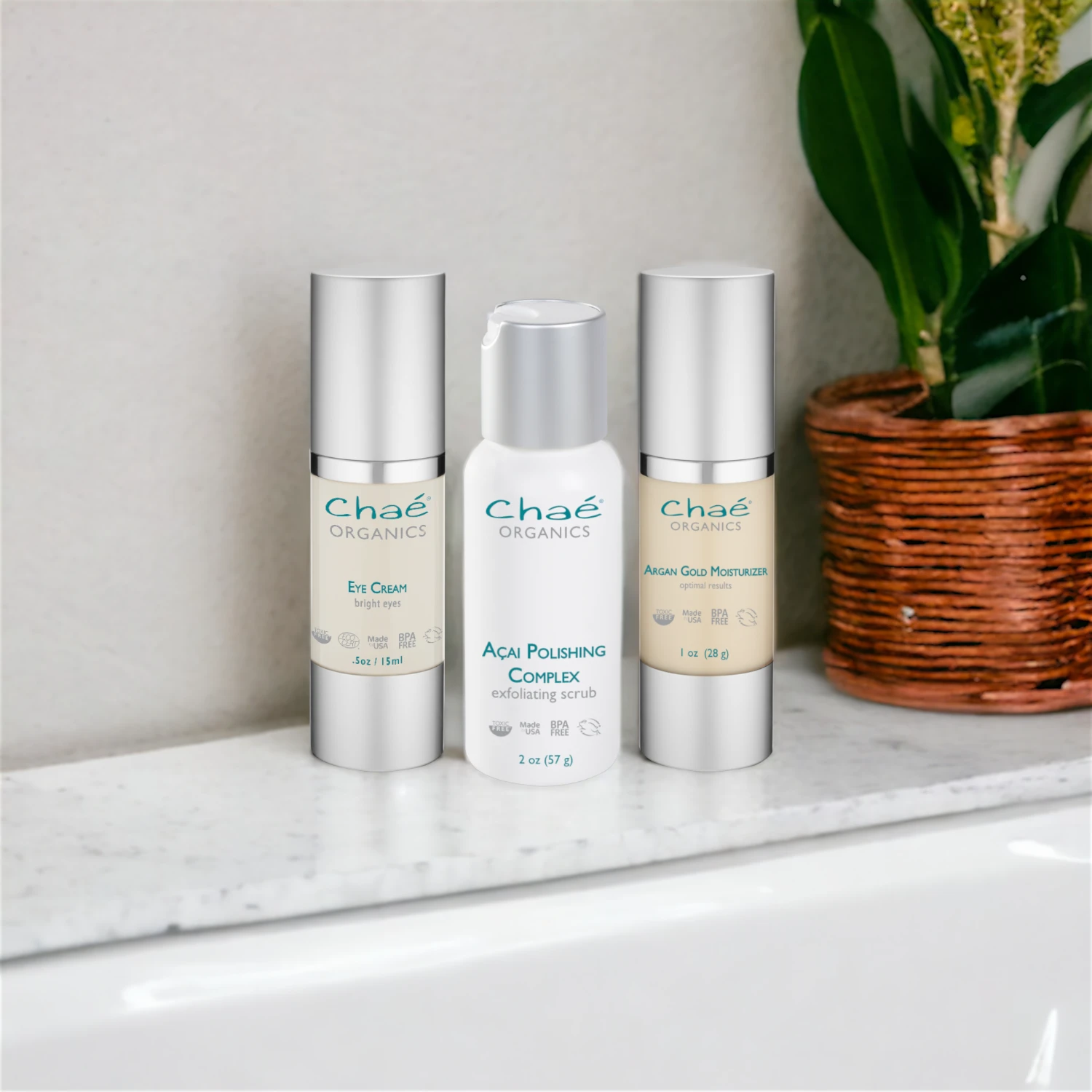
The Science Behind Natural Skincare: Why Organic Ingredients Matter
Understanding Natural Skincare
Natural skincare refers to the use of products that incorporate ingredients sourced from nature, as opposed to those synthesized through chemical processes. These organic ingredients often include plant extracts, essential oils, and minerals, all of which offer numerous benefits to the skin. The essential distinction between natural and synthetic skincare products lies in their formulation; while natural skincare is derived from elements found in nature, synthetic products typically contain artificial compounds and preservatives designed to enhance shelf life and performance.
The origins of natural skincare can be traced back to traditional practices used by various cultures throughout history, such as the use of herbs, oils, and fruits for skin health. Recently, there has been a significant shift towards toxic-free skincare solutions, reflecting a growing awareness of the potential adverse effects of synthetic chemicals in personal care items. Consumers today are increasingly seeking alternatives that promote healthier lifestyles and environmental sustainability, resulting in a rising demand for organic beauty solutions that harness the power of nature.
However, the term ‘natural’ within the beauty industry is not uniformly regulated, which leads to varying interpretations of what constitutes a natural product. Some brands may market their offerings as ‘natural’ while still including synthetic ingredients. To navigate this complex landscape, it is crucial for consumers to educate themselves about ingredient sourcing and the manufacturing processes behind their skincare products. Sustainable sourcing, which involves responsibly harvesting raw materials to minimize environmental impact, is a fundamental aspect of the natural skincare movement. By prioritizing eco-friendly practices and transparent ingredient lists, consumers can make informed choices that support their health and well-being.
Benefits of Organic Ingredients for Skin Health
The increasing popularity of natural skincare has drawn attention to the significant health benefits associated with organic ingredients. Unlike conventional skincare products, which may contain synthetic chemicals and additives, toxic-free skincare options prioritize the use of entirely natural components. This distinction is crucial as organic ingredients tend to be gentler on the skin, minimizing the risk of irritation and allergic reactions that are commonly associated with harsher chemicals. For individuals with sensitive skin or conditions such as eczema, opting for natural alternatives can result in a more favorable experience and improved skin health.
Moreover, organic skincare products are often rich in essential nutrients and antioxidants, which are vital for maintaining skin vitality. Ingredients derived from plants, such as oils and extracts, are known to contain vitamins A, C, and E, as well as other beneficial compounds that offer protective properties against environmental stressors. The antioxidant capacity found in these natural products helps to combat free radicals, thereby supporting the skin’s ability to repair itself and ward off premature aging. This nutritional advantage is particularly significant as it aids in promoting a radiant complexion and overall skin health over time.
Another noteworthy aspect of using organic ingredients in skincare is their ability to provide long-lasting benefits instead of merely temporary cosmetic enhancements. While many conventional products may offer instant results, they often do so at the expense of longer-term skin health. In contrast, natural skincare solutions harness the power of botanical elements to not only nourish and moisturize but also to encourage healthy skin regeneration. By incorporating toxic-free skincare into one’s routine, individuals can cultivate lasting improvements and a natural glow that comes from well-nourished skin.
The Dangers of Synthetic Ingredients
In the realm of skincare, the use of synthetic ingredients has become increasingly prevalent. These man-made substances, often found in a wide array of cosmetic products, can pose significant risks to both our health and the environment. Many synthetic compounds are known to be irritants and allergens, which can lead to a variety of skin conditions such as dermatitis and eczema. Beyond surface-level irritation, some of these chemicals can disrupt hormonal balance in the body, leading to long-term health complications.
For instance, parabens, a group of synthetic preservatives commonly used in skincare, have been linked to hormonal disruptions. Research indicates that these compounds can mimic estrogen in the body, which raises concerns about their potential role in the development of certain cancers. Similarly, phthalates, which are often included to enhance product texture and fragrance, have been associated with reproductive health issues. Such findings underscore the necessity for consumers to be aware of the ingredients contained within their skincare products.
The increasing awareness around the dangers of synthetic ingredients has contributed to the burgeoning popularity of natural skincare solutions. Products made with organic ingredients not only avoid harmful toxins but also harness the healing properties of nature, offering a safer alternative for skincare enthusiasts. This shift towards toxic-free skincare reflects a growing demand for ingredient transparency, urging brands to disclose their formulations. By scrutinizing the labels and opting for products with natural components, consumers can mitigate the risks associated with synthetic ingredients and foster a healthier skincare routine.
As the dialogue surrounding synthetic versus natural skincare continues, it is essential to remain vigilant. Choosing products that prioritize transparency and safety can empower consumers to protect their skin and overall well-being.
Making the Switch to Natural Skincare
Transitioning to a natural skincare regimen involves a thoughtful approach to ensure that you are choosing products that are both effective and safe for your skin. The first step in making this switch is to identify trustworthy organic brands. Look for companies that prioritize eco-friendly practices and source their ingredients from reputable farms. Many brands now proudly display certifications that confirm their products are free from harmful chemicals, ensuring a truly toxic-free skincare experience.
Next, learning how to read labels effectively is crucial. Natural skincare products should have a short ingredient list, predominantly featuring recognizable and organic components. Avoid products that contain synthetic fragrances, parabens, or sulfates, as these can be harmful to both your skin and the environment. Familiarizing yourself with the common names of chemicals can aid in making informed decisions when purchasing skincare items.
As you integrate natural products into your skincare routine, it’s important to introduce them gradually. Start with one or two products, such as a gentle cleanser or a nourishing moisturizer, to see how your skin responds. Additionally, patch testing new products is an essential step that should not be overlooked. Apply a small amount of the product to a discrete area on your skin and monitor for any reactions over 24 hours. If no irritation occurs, you can confidently expand your use of the product.
Patience is key when switching to natural skincare, as your skin may take time to adjust to the change. Be mindful that initial breakouts or changes in texture can occur, which is a normal part of the transition process. Furthermore, choosing natural skincare has a positive environmental impact, reinforcing an ethical commitment to both personal health and the planet. By opting for organic ingredients, you contribute to sustainable practices and support the well-being of the ecosystem.
